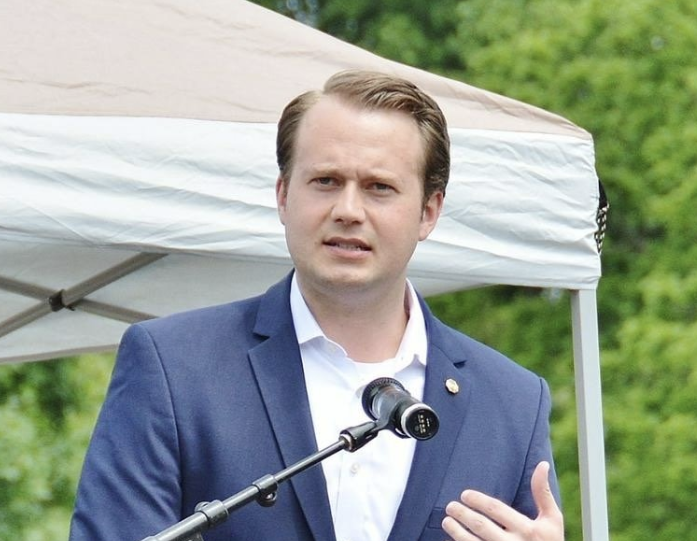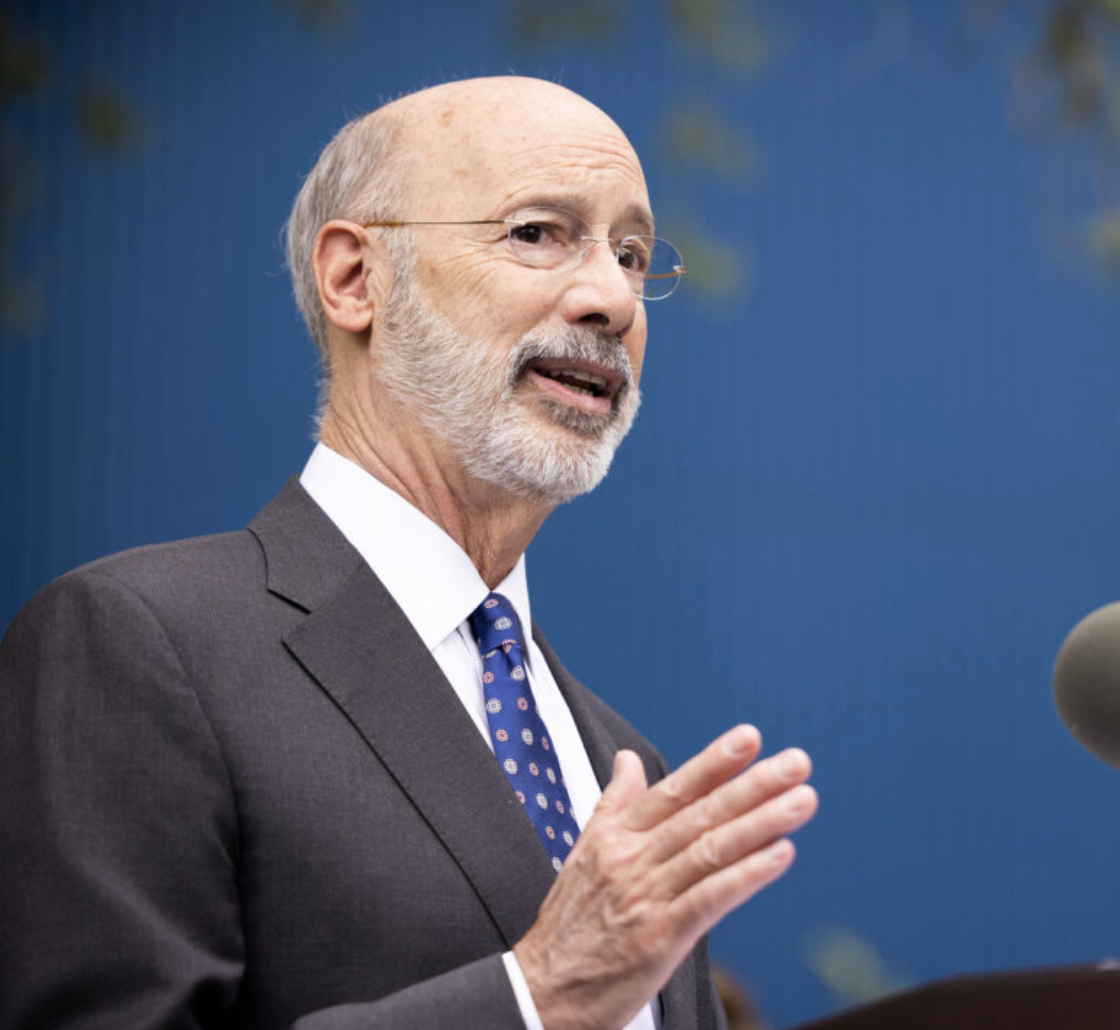Chester County’s Eric Roe: Minimum Wage Hike Would Hurt Small Biz, Cost Jobs

Delaware Valley county officials–with the sole exception of Chester County Republican Commissioner Eric Roe–signed a letter penned by Philadelphia Mayor Cherelle Parker asking Democratic Gov. Josh Shapiro to raise the state’s minimum wage to $15 an hour.
The March 22 letter said, in part, “Pennsylvanian’s current minimum of $7.25 is the lowest of our surrounding states. (In New Jersey, it is $15.13; in Delaware, it’s $13.25.)
“This ultimately puts a strain on Pennsylvania’s families, leaving little left over to cover basic necessities, let alone saving or investing for their future. Raising the minimum wage is not only an investment in our residents but also an investment in the state’s future.”
The letter referenced the left-leaning MIT Living Wage Calculator claiming the hourly “living wage” for a person with no children in Bucks County is $25.15, $26.49 in Chester County in Delaware County, $23.58; in Montgomery County, $25.46 and $22.29 in Philadelphia County.
But Roe said Democrats were getting the economics wrong.
“The inconvenient truth is that markets have always done a better job of pulling people out of poverty than governments ever have. Many companies are already offering starting pay at well over $15 per hour, and they still have trouble finding people to take those jobs. If we want jobs that give workers a sustainable living wage, then we need to get government out of the way. That’s why I declined to sign that letter,” Roe said.
Federal data confirm that while Pennsylvania’s mandatory wage is low, the state ranks 20th in the nation for highest average annual salary ($58,470).
As for Keystone State workers earning hourly wages, their $28.11/hour in 2023 was the 19th highest in the U.S.
One other key fact about the minimum wage in Pennsylania, notes Commonwealth Foundation Director of Policy Analysis Elizabeth Stelle: Just one percent of the workforce has minimum wage jobs.
“Unfortunately, a $15 minimum wage would hurt the very people it intends to help, resulting in fewer jobs, weaker benefits, and higher prices,” Stelle said. “Just last week, the IFO (state Independent Fiscal Office) found that increasing the minimum wage to $15 would kill 21,000 jobs.
“If our elected leaders want to raise wages without eliminating jobs, they should ask Gov. Shapiro to cut taxes and eliminate government red tape. We need to hold the governor accountable for reducing business taxes—just as he promised.”
Both Bucks County Republican Commissioner Gene DiGirolamo and Montgomery County Republican Commissioner Tom DiBello signed the letter. DiGirolamo did not respond to a request for comment. DiBello, however, defended his support for a mandatory wage hike.
“I joined my fellow leaders in Philadelphia, Montgomery, Bucks, Chester, and Delaware Counties in supporting a maximum $15 minimum wage because, by and large, that threshold has already been met by many of our region’s companies,” said DiBello. “Businesses need to offer competitive pay to attract quality employees. In most cases, the market sets the level of pay. By recognizing the realities of the current workforce’s pay and the importance of attracting quality employees, the market has already set the minimum wage.
“In reality, I’m only supporting what is already occurring, nothing more,” said DiBello.
“I like them and respect them both, They have very different districts from me,” Roe said of his fellow Republican commissioners. However, as the minority commissioner, Roe said, he sees it as his job to “be different” from the Democratic majority and speak up if he disagrees with a policy.
“I didn’t hesitate to say no when asked to sign that letter,” said Roe.
Please follow DVJournal on social media: Twitter@DVJournal or Facebook.com/DelawareValleyJournal






